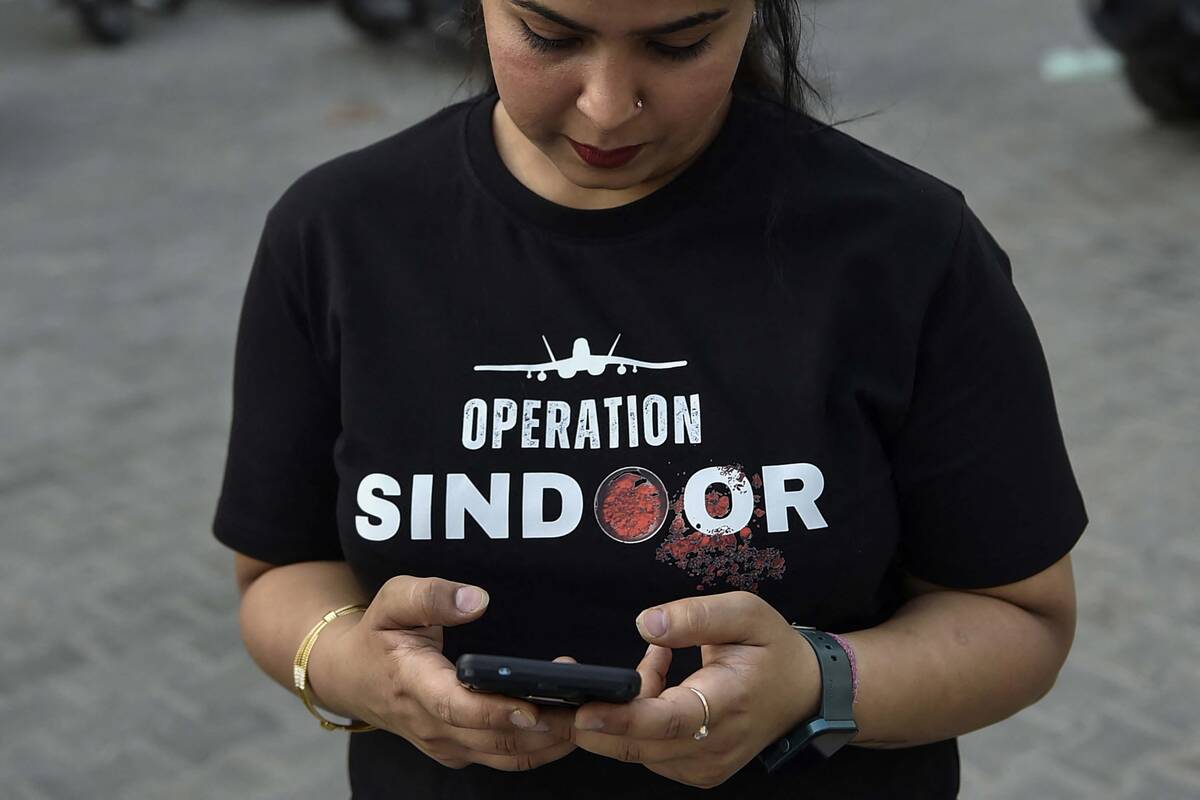ISLAMABAD: Pakistan's legal and political experts said on Tuesday that an interim government cannot take policy decisions as its sole mandate is to hold free and fair elections, as Prime Minister Shehbaz Sharif attempts to build consensus among the ruling coalition partners to finalize a candidate for the interim prime minister's post.
The five-year tenure of Pakistan’s National Assembly, the lower house of the parliament, will expire on August 12. Pakistan’s constitution stipulates that elections should be held within 60 days if the assemblies complete their tenure, and within 90 days if they are dissolved before their term expires. Last week, Sharif said his government would go home before its tenure expires and hand over the reins of the country to a caretaker setup.
On July 26, Pakistan’s parliament approved legislation that grants additional powers to any caretaker government, empowering it to take important decisions and engage with international institutions ahead of the upcoming general elections. The move was criticized by opposition parties Pakistan Tehreek-e-Insaf (PTI) and the Jamaat-e-Islami (JI), who said caretaker governments should not be put on the same pedestal as elected governments.
“The sole purpose of the caretaker government would be maintaining law and order and assisting the election commission to hold free and fair elections,” Ahmed Bilal Mehboob, president of the Islamabad-based think tank, PILDAT, told Arab News.
As per Pakistan's constitution, the prime minister and the leader of the opposition of the outgoing National Assembly would appoint a caretaker prime minister following consultations. Article 224-A of the constitution states that if the two fail to agree on a candidate within three days of the National Assembly's dissolution, "they shall forward two nominees each to a committee to be immediately constituted by the Speaker of the National Assembly.”
The parliamentary committee will comprise eight members with equal representation from the treasury and opposition benches. It would be mandated to appoint a caretaker prime minister within three days of the matter being referred to it. As per the constitution, if the committee fails to finalize the name during the given time, the nominees would be referred to Pakistan's election regulator, the Election Commission of Pakistan (ECP) which would take a final decision within two days. Members of the federal cabinet would be appointed on the caretaker prime minister's advice.
The role and functions of the caretaker government have been clearly defined in Section 230 of the Elections Act, 2017, which restricts its functions to “day-to-day matters which are necessary to run the affairs of the government.”
As per the Act, the caretaker government is supposed to be “impartial to every person and political party” and is not mandated to “take major policy decisions except on urgent matters.” It is also not authorized to undertake transfers and postings of public officials without approval from Pakistan's election regulator.
“The caretaker government shall not attempt to influence elections or do or cause to be done anything which may, in any manner, influence or adversely affect the free and fair elections,” the Elections Act states.
The amendments passed by parliament to the Elections Act last week empowered the caretaker government to take important decisions about “existing bilateral, multilateral and ongoing projects” already signed with international institutions like the World Bank and the International Monetary Fund (IMF). Experts, however, said the amendment would not change the "basic character" of the interim government.
“As per the constitution, the authority of the caretaker government is almost negligible as it is mandated to take care of just day-to-day affairs of the state,” Mehboob said, adding that cabinet members should be "apolitical" to avoid influencing elections.
“The major challenge for the caretaker government is going to be [maintaining] law and order, especially in the wake of the recent terror attacks,” he said. “All other functions related to elections are carried out by the ECP itself to ensure transparency of polls.”
Advocate Sharafat Ali said interim governments cannot initiate any major policy decisions even after the recent amendments as it “empowers the caretaker government to look only into ongoing projects.”
“The caretaker government is authorized to take administrative decisions to maintain a conducive environment for free and fair elections,” he said.
Ali said the caretaker government would face a major challenge managing Pakistan's economic challenges, especially after implementing the International Monetary Fund's (IMF) tough conditionalities, which helped the South Asian country secure a $3 billion bailout package.
“It would be interesting to see as to how the caretaker government handles it with very limited authority,” he added.



















